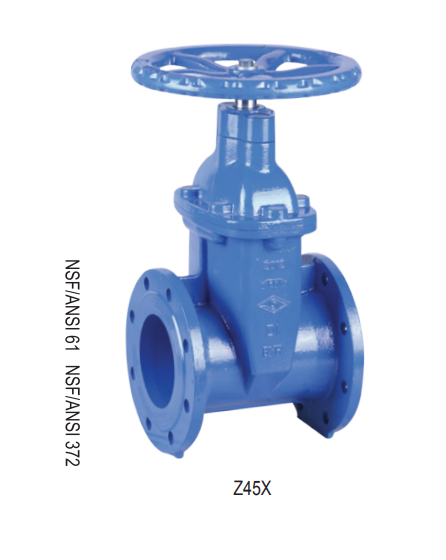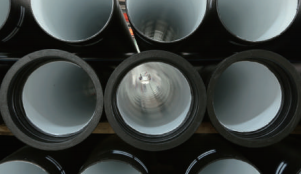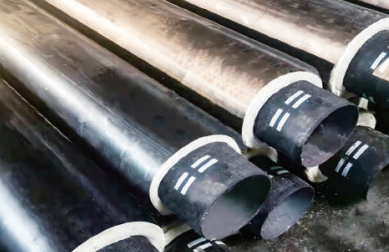Industry News
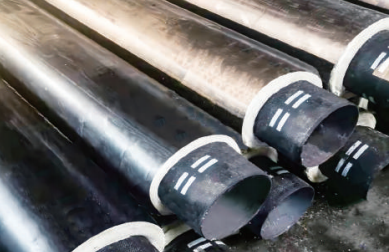 05 2025-11
05 2025-11 What Makes Ductile Iron Pipe the Go-To Choice for Modern Water Infrastructure?
In an era where municipalities and engineering firms face immense pressure to balance cost, durability, and environmental impact, the selection of piping material is a critical long-term decision. For decades, one material has consistently demonstrated unparalleled performance in demanding applications: Ductile Iron Pipe (DIP).
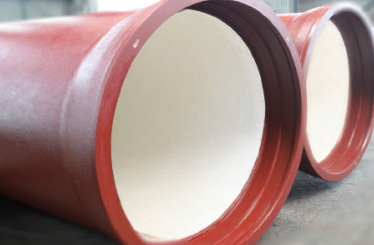 23 2025-10
23 2025-10 What Makes Modern Sewage Pipes More Durable and Sustainable for Urban Infrastructure?
Sewage pipes are the silent backbone of every modern city, responsible for transporting wastewater from residential, commercial, and industrial zones to treatment facilities. These pipes form an essential part of the underground infrastructure that keeps urban environments hygienic and operational. Without an efficient sewage system, cities would face serious health risks, flooding, and environmental degradation.


